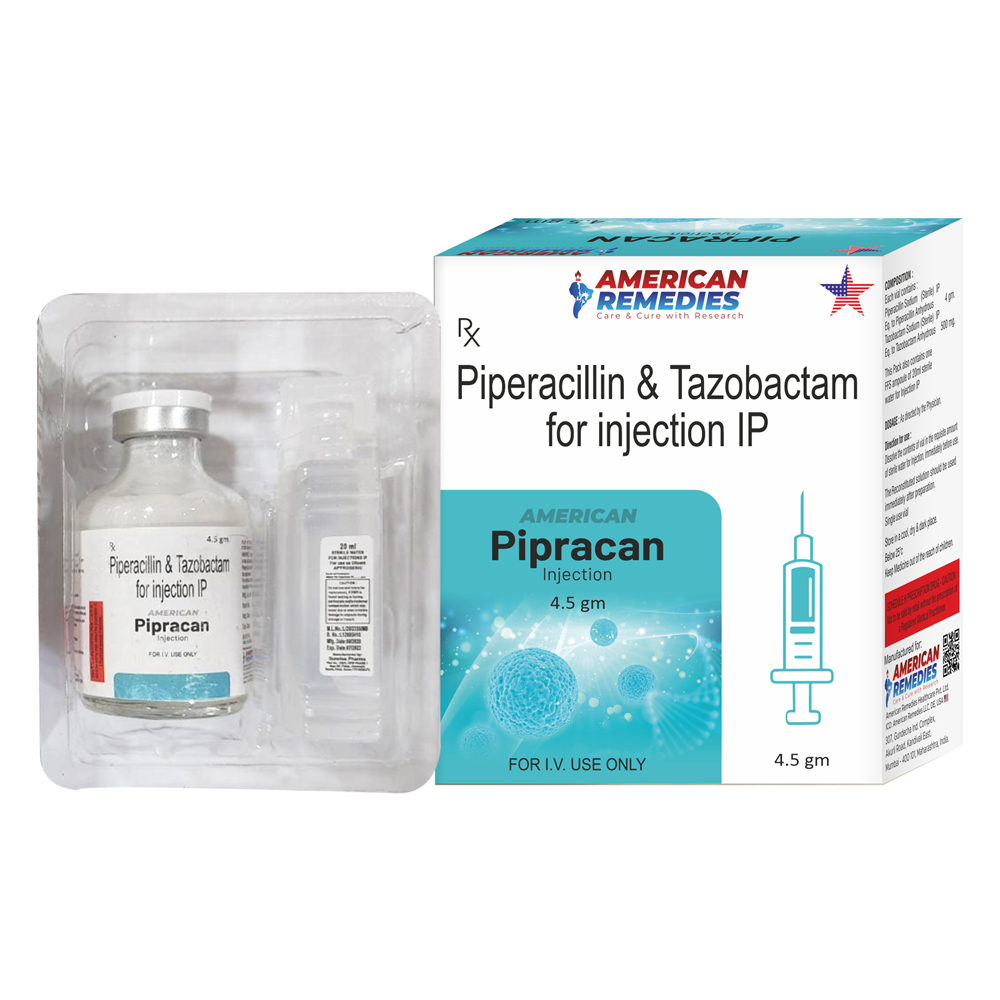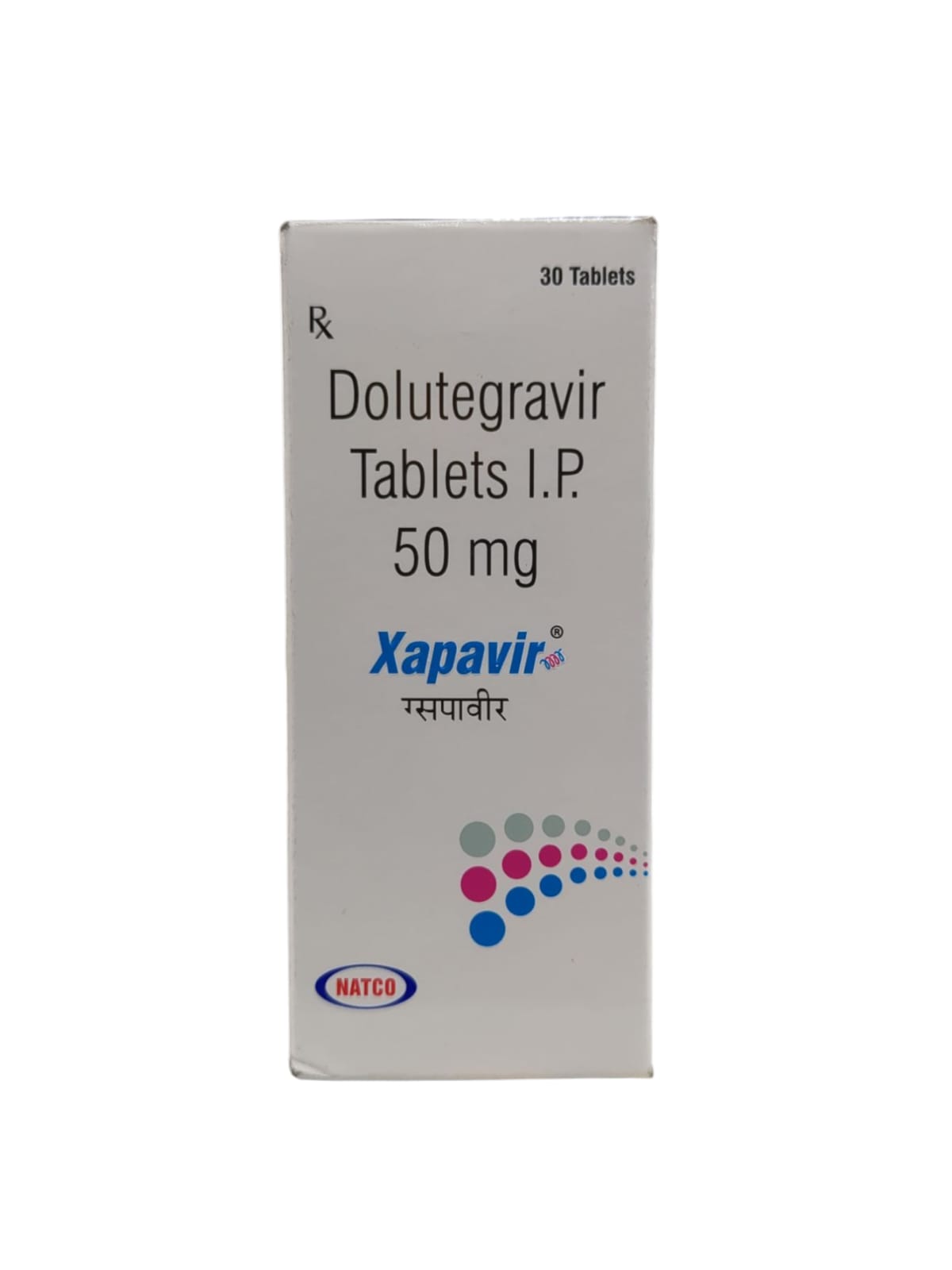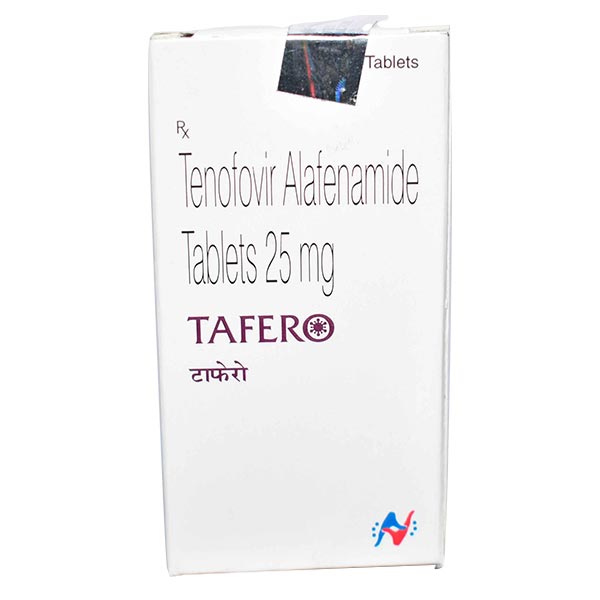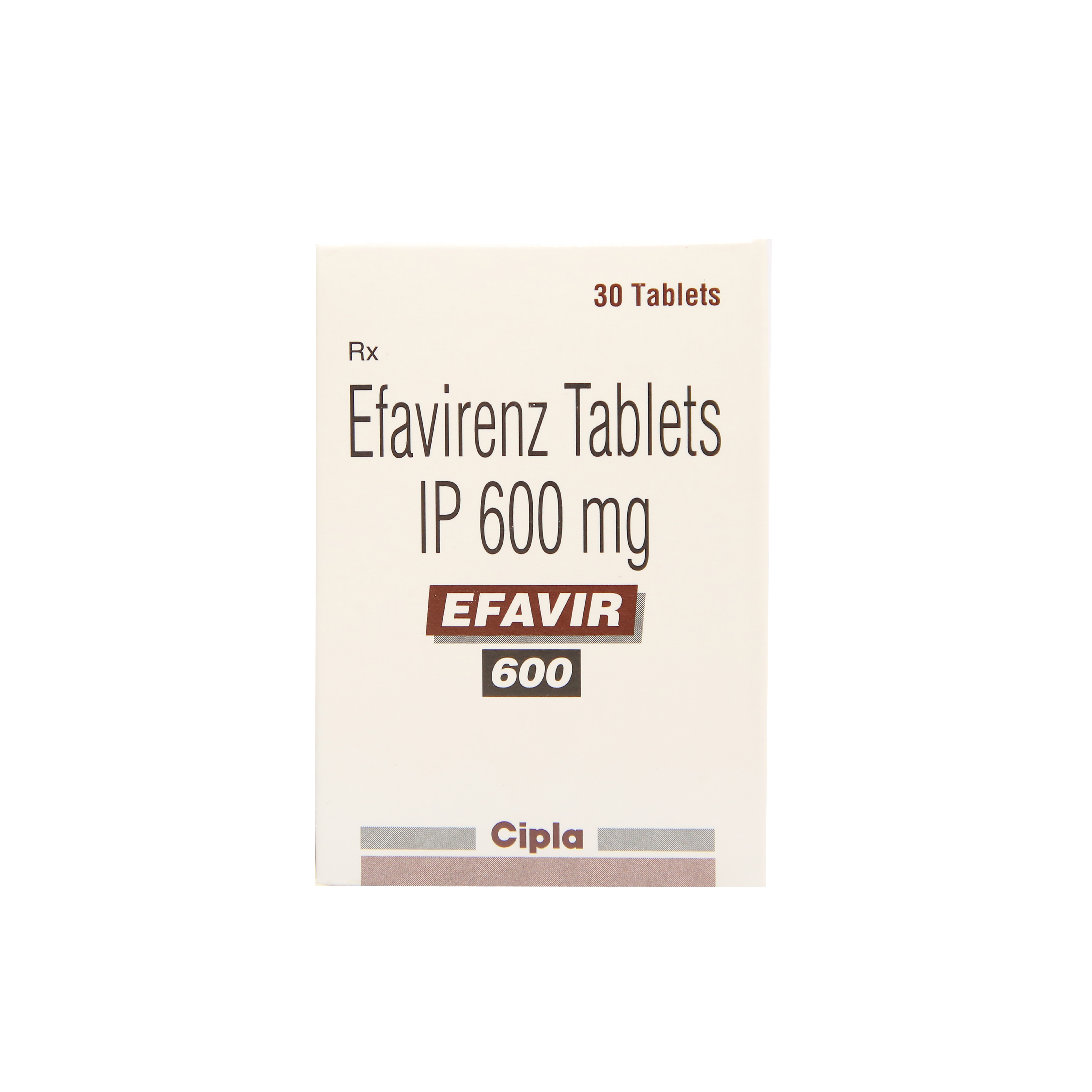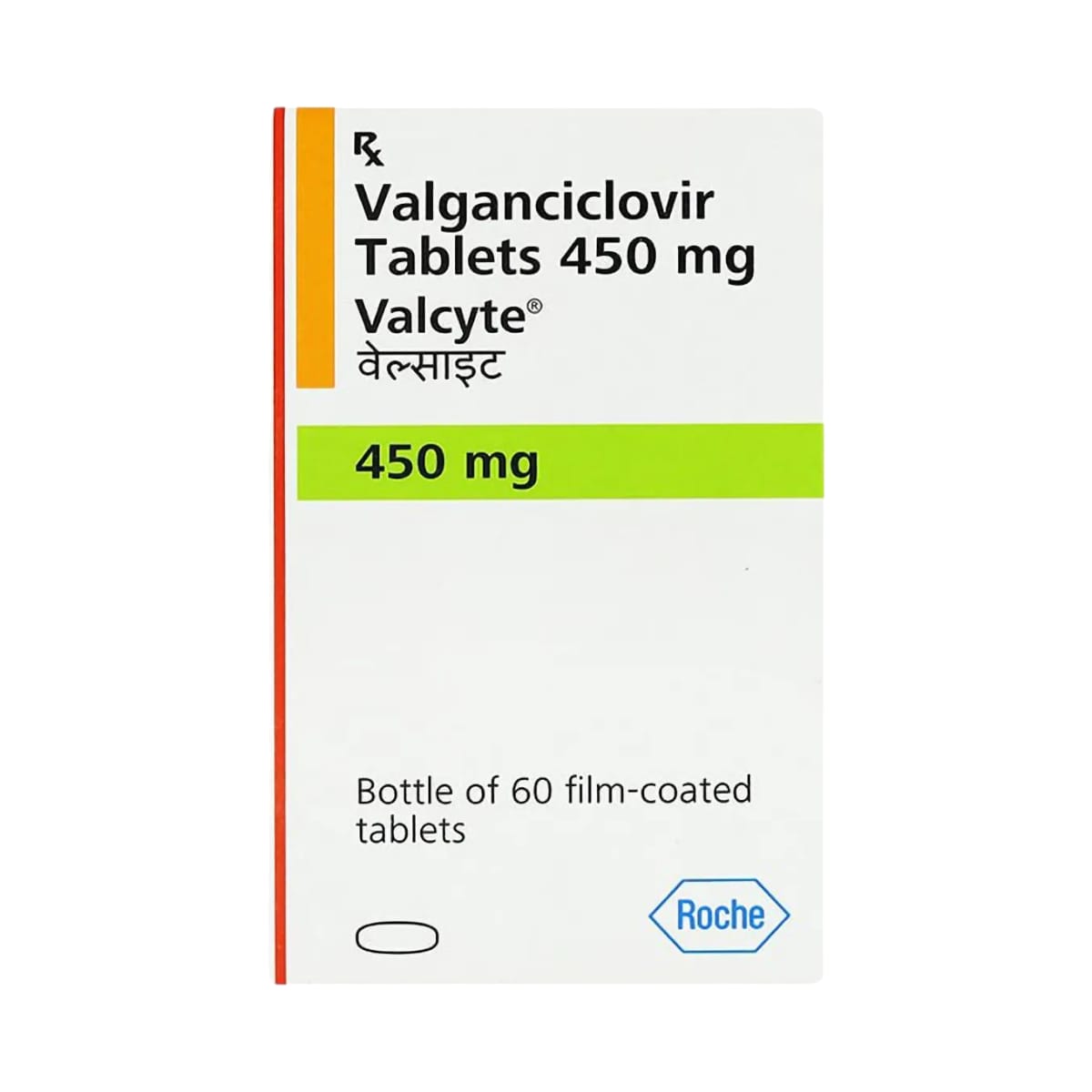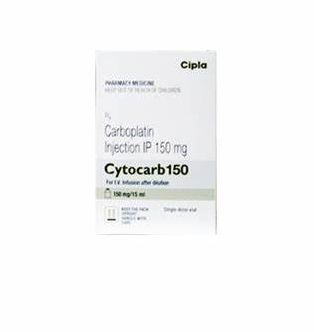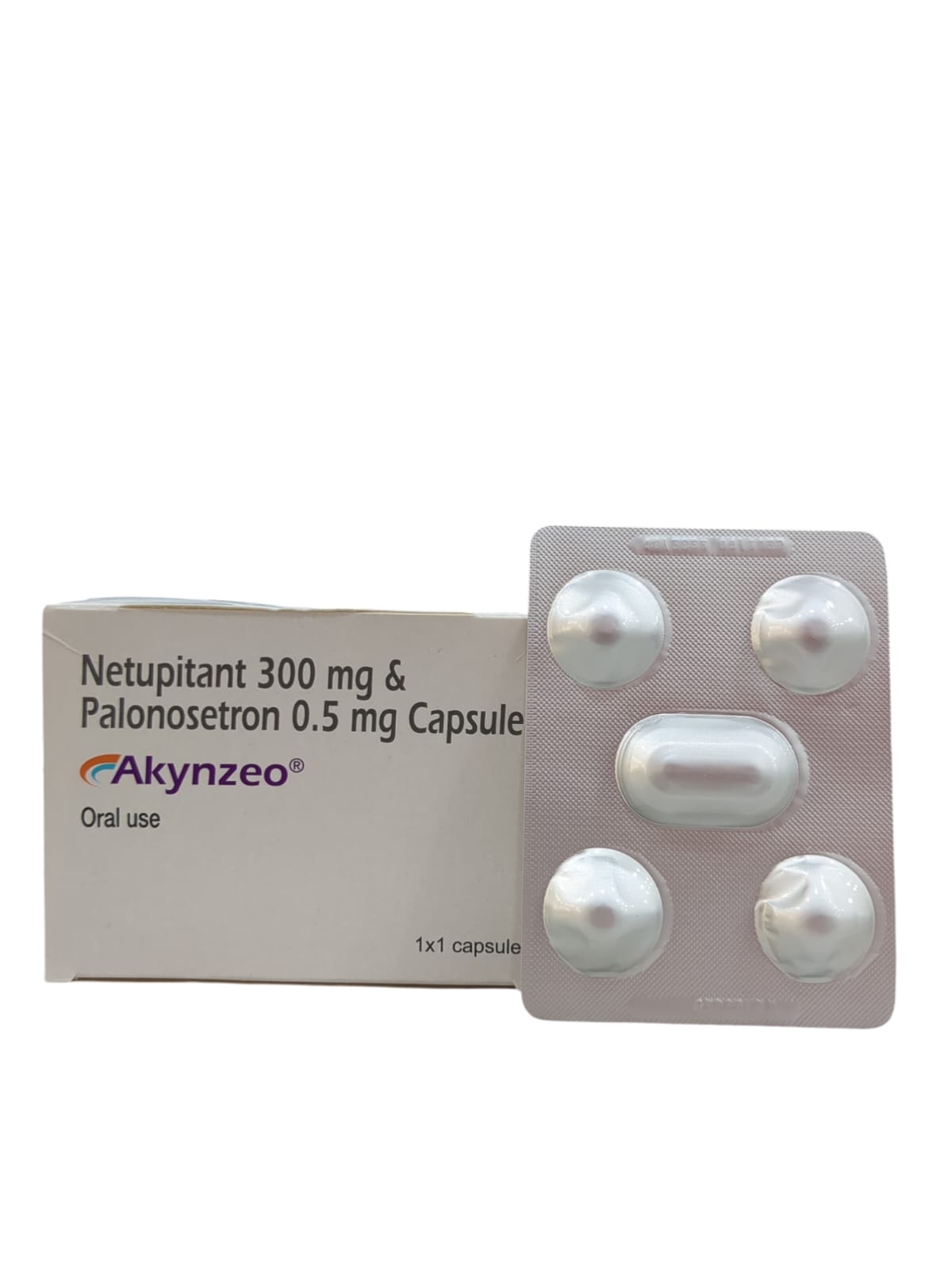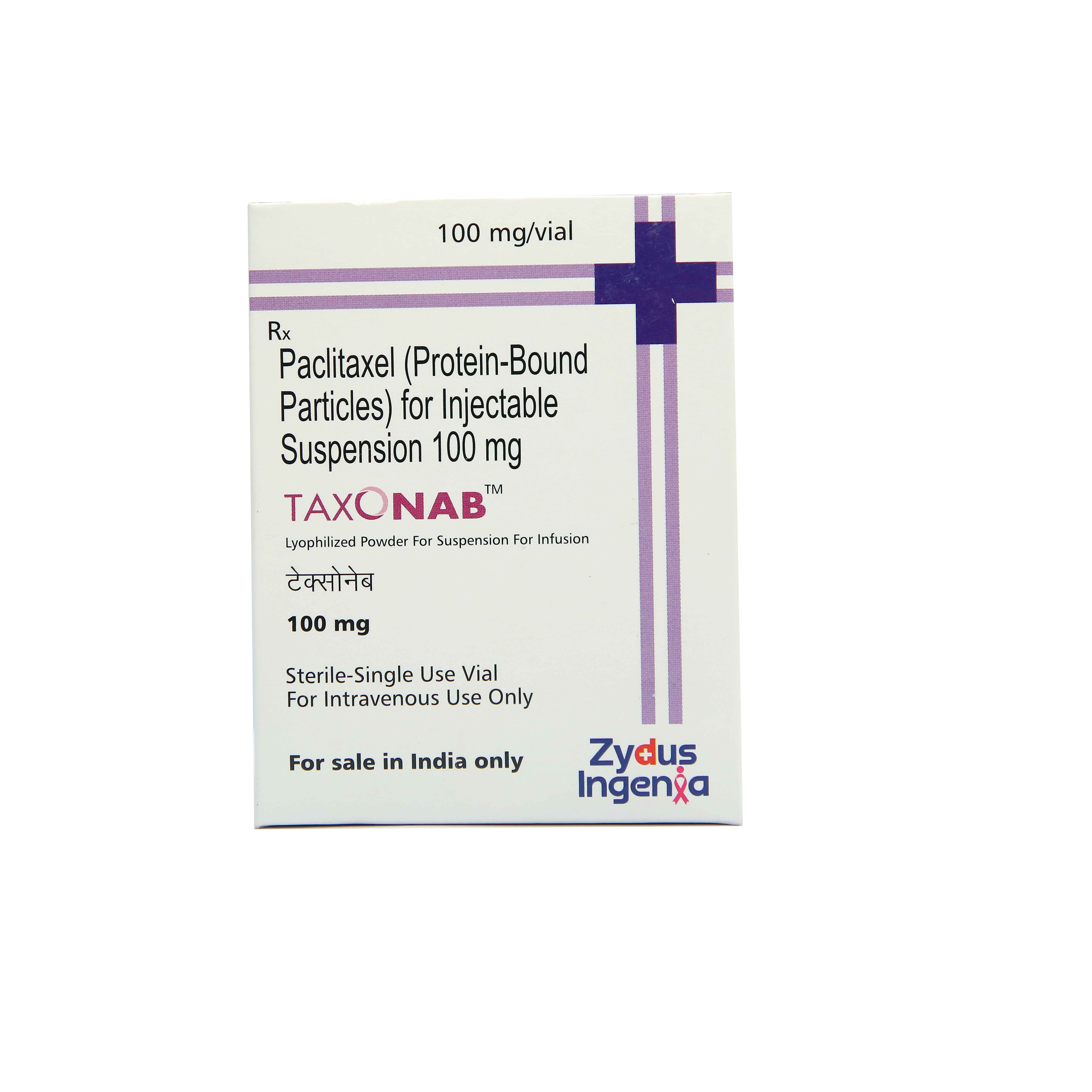HIV/AIDS
INTRODUCTION ABOUT VALCYTE 450MG TABLET
VALCYTE 450MG TABLET contains Valganciclovir which belongs to the group of medicines called Antiviral agents. It is used in adults (with acquired immunodeficiency syndrome) to manage cytomegalovirus (CMV) infection of the retina of the eye which generally cause vision problems and blindness.
VALCYTE 450MG TABLET is also used in adults and children to manage cytomegalovirus (CMV) infection who are not infected with CMV or who had received an organ transplant from someone who earlier had CMV infection.
VALCYTE 450MG TABLET is not recommended for use in patients allergic (hypersensitive) to Valganciclovir, and/or Ganciclovir. Before taking VALCYTE 450MG TABLET, inform your doctor if are undergoing radiotherapy/hemodialysis, and/or suffer from low red blood cell, white blood cell or platelets, kidney/liver problems.
VALCYTE 450MG TABLET is not recommended for use in pregnant women unless it is clearly necessary since it may cause harm to the unborn baby. It is also not recommended for use in breastfeeding women.
VALCYTE 450MG TABLET should be used with caution in children and adolescents (aged below 18 years) and is advised to be used with caution in elderly patients (aged 65 years and above) after consulting the doctor.
The most common side effects of taking VALCYTE 450MG TABLET are oral thrush (fungal infection), headache, shortness of breath, abdominal pain, loss of appetite, nausea, vomiting, and/or diarrhea. Consult your doctor if any of these symptoms worsens.
USES OF VALCYTE 450MG TABLET
Manage cytomegalovirus (CMV) infection of the retina of the eye in adult patients with acquired immunodeficiency syndrome (AIDS).
Prevents cytomegalovirus (CMV) infection who are not infected with CMV or in patients who had received an organ transplant from someone who earlier had CMV infection
HOW VALCYTE 450MG TABLET WORKS
VALCYTE 450MG TABLET works by managing the multiplication of virus in human cells by decreasing its growth which results in inhibition of production of new virus thus managing and managing the spread of infection to other parts of the body in affected individuals.
DIRECTIONS FOR USE
Take VALCYTE 450MG TABLET as advised by your physician. Swallow the medicine with a glass of water. Do not crush or chew the medicine. Your doctor will decide the correct dose and duration for you depending upon your age, body weight and disease condition.
SIDE EFFECTS OF VALCYTE 450MG TABLET
COMMON
thrush & oral thrush (fungal infection)
upper respiratory tract infection such as sinusitis, tonsillitis
headache
cough, shortness of breath
abdominal pain, loss of appetite, nausea/vomiting, diarrhea, weight loss
eczema (skin inflammation)
tiredness, fever
influenza
signs of urine infection such as fever, passing urine more often, and/or pain (while passing urine)
skin infection
signs of mild allergic reaction such as red, itchy skin
feeling depressed, anxious or confused
trouble sleeping
feeling numb/weak in hands/feet
changes in sense of touch, tingling/tickling/pricking/burning sensation
altered taste, chills
eye inflammation/pain or sight problems
ear pain
signs of low blood pressure such as feeling dizzy/faint
difficulty while swallowing
constipation, wind, indigestion, stomach pain, swelling of abdomen
mouth ulcers
night sweats
itching, rash
hair loss
back pain, muscle/joint pain, muscle spasms
feeling dizzy, weak/generally unwell
UNCOMMON
feeling agitated
tremor/shaking
deafness
irregular heartbeat
red itchy welt, dry skin
blood in urine
chest pain
RARE
Stop taking VALCYTE 450MG TABLET and contact your doctor if you experience any of the following side effects:
signs of allergic reaction (anaphylactic shock) such as raised, itchy skin rash, sudden swelling of throat, face, lips/mouth resulting in difficulty while swallowing/breathing, and/or sudden swelling of the hands, feet/ankles.
signs of infection (due to low white blood cell count) such as sore throat, mouth ulcer, and/or fever
signs of low red blood cell count such as shortness of breath, tiredness, palpitation, and/or pale skin
signs of blood infection (sepsis) such as fever, chills, palpitation, confusion, and/or slurred speech
signs of low platelet count such as bleeding/bruising, blood in urine/stools, and/or bleeding from gums
severely low blood cell count
pancreatitis (inflammation of pancreas) associated with severe stomach pain
fits
hallucinations
abnormal thoughts/feelings, losing contact with reality
failure of kidney function
HOW TO MANAGE SIDE EFFECTS
Constipation
Try to eat high-fiber foods such as vegetables, cereals, fresh fruit, and drink plenty of water. Involve in regular exercise (such as going for a daily walk or run) and if this does not help, consult and inform your doctor for receiving alternate managements for constipation.
Send
Message

